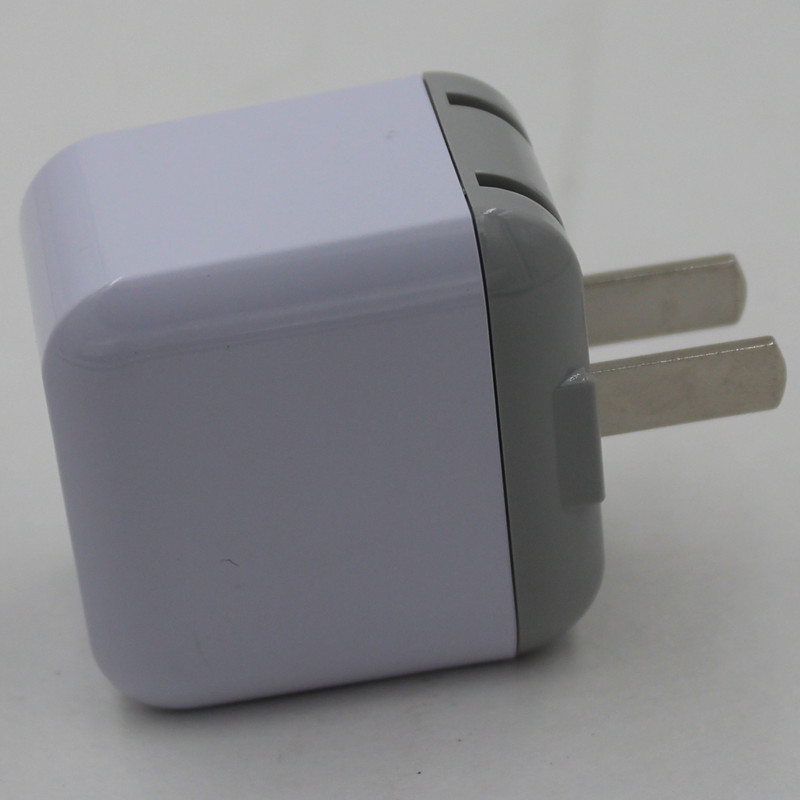Understanding Die Casting
Die casting is a manufacturing process that is used to create parts by forcing molten metal into a mold. This process has gained substantial traction in various industries due to its precision and efficiency. In South Korea's competitive manufacturing landscape, the adoption and implementation of die casting techniques can significantly influence productivity and product quality. As industries look to optimize their processes, it is essential to explore the impact of die casting on South Korea's manufacturing industry.
The Significance of Die Casting in Manufacturing
The significance of die casting lies in its ability to produce high-quality components quickly and consistently. This method is especially valuable in sectors such as automotive, electronics, and aerospace, where precision and efficiency are crucial. In South Korea, the automotive and technology sectors are paramount drivers of the economy, and die casting presents an opportunity for these industries to enhance operational efficiency.
The Advantages of Die Casting
One of the **major advantages** of die casting is its excellent dimensional accuracy. Producing parts that meet tight tolerances is essential for manufacturers, and die casting excels in this regard. Furthermore, die casting allows for complex geometries without the need for extensive machining, which saves both time and costs. The ability to produce lightweight yet durable parts is vital in the automotive industry, where fuel efficiency is a key concern.
Cost-effectiveness and Material Efficiency
Die casting is also **cost-effective**, especially for large production runs. The upfront costs associated with creating molds can be viewed as a drawback; however, the long-term benefits often outweigh this initial investment. Once the mold is made, parts can be produced rapidly, reducing per-unit costs significantly. Additionally, die casting minimizes material waste, as excess metal can often be recycled, contributing to a reduction in production costs and environmental impact.
The Role of Die Casting in South Korea's Economic Landscape
South Korea's manufacturing industry has undergone remarkable growth over the past few decades. The incorporation of die casting into manufacturing processes has further bolstered this growth. With the rise of the fourth industrial revolution, South Korean manufacturers are increasingly adopting advanced technologies that leverage die casting, enabling them to maintain a competitive edge both domestically and internationally.
The Evolution of Die Casting Technology
The evolution of die casting technology has led to improvements in both efficiency and capability. Modern die casting machines are equipped with computer controls that enhance precision and repeatability. In South Korea, companies are investing in smart technologies that integrate die casting into larger automated systems, thus streamlining the production process and minimizing human error. This technological advancement not only improves quality but also increases production speed, allowing manufacturers to meet market demands swiftly.
Challenges in Implementing Die Casting
Despite its many **benefits**, the implementation of die casting is not without challenges. For smaller manufacturers in South Korea, the high initial costs of equipment and molds can be a barrier to entry. Additionally, the complexity of die casting designs requires skilled labor and continuous training to ensure that quality standards are met consistently. Manufacturers must address these challenges to fully harness the potential of die casting and secure their position in the market.
Future Trends in Die Casting
As industry trends evolve, die casting is expected to undergo further transformations. One notable trend is the move towards more sustainable practices. South Korean manufacturers are increasingly prioritizing eco-friendly methods, and die casting processes are being modified to lower energy consumption and waste production. The integration of additive manufacturing, or 3D printing, into die casting processes is also gaining traction, allowing manufacturers to create more complex designs while reducing material costs.
Global Competitiveness and Innovation
In an era where global competitiveness is paramount, innovation in die casting technologies allows South Korean manufacturers to stand out. Companies that adopt cutting-edge materials that improve strength while remaining lightweight can cater to industries demanding high-performance components. By investing in research and development for advanced die casting techniques, South Korea can solidify its position as a **leader** in manufacturing technology.
Case Studies: Success Stories in South Korea
Several notable companies in South Korea have successfully implemented die casting into their manufacturing processes, demonstrating the capacity for growth and improvement. Companies in the automotive sector have adopted die casting to produce components that are crucial for vehicle performance, leading to more efficient and environmentally friendly cars. Additionally, electronics manufacturers utilize die casting to produce lightweight housings that protect sensitive components without adding unnecessary bulk.
Collaborations and Knowledge Sharing
Collaboration among manufacturers, suppliers, and academic institutions has also fostered innovation in die casting. By sharing knowledge and best practices, companies can enhance their processes and develop new applications for die casting technology. This collaborative environment not only benefits individual companies but also strengthens the overall manufacturing landscape in South Korea.
Conclusion
In summary, die casting presents numerous advantages that can significantly impact South Korea's manufacturing industry. From cost savings and material efficiency to enhanced product quality and innovation, the benefits of adopting die casting processes are substantial. While challenges exist, the potential for growth and competitiveness far outweighs the obstacles. As manufacturers in South Korea continue to explore and leverage die casting technology, they position themselves for success in a rapidly evolving global market. Investing in die casting is not just a choice; it is a necessary step towards a more efficient and sustainable manufacturing future.

